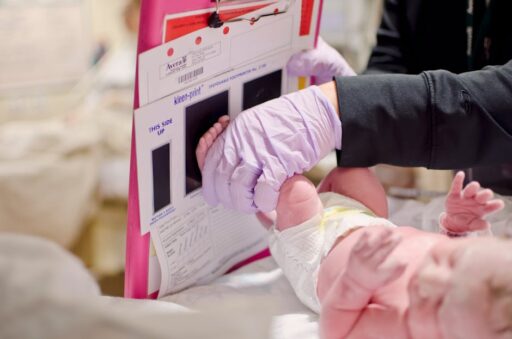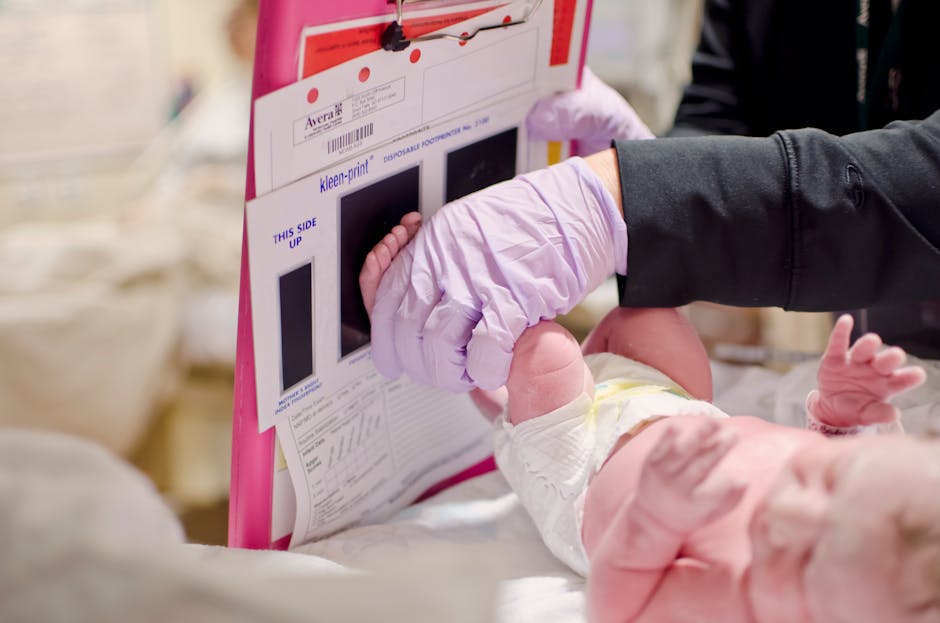Understanding Miscarriage and Ectopic Pregnancy: A Personal and Professional Insight
By Sarah Obican, MD, MotherToBaby President
As a maternal fetal medicine fellow in NYC, I shared a unique bond with my two co-fellows. We were three young, professional women, all expecting babies unexpectedly at the same time. Our shared experiences and dreams of raising our children together created a special camaraderie.
One day, driven by an indescribable feeling, I impulsively requested an ultrasound. The silence in the room after the sonographer began the exam was deafening, and soon, my world went dark. In that moment, I joined the countless women I had cared for, experiencing the profound sadness of a miscarriage.
According to the American College of Obstetricians and Gynecologists, about 26% of all pregnancies end in miscarriage. This is a significant figure considering many of these are already clinically recognized pregnancies.
Miscarriage vs. Abortion
It’s important to understand the distinction between miscarriage and abortion. In obstetrics, a ‘missed abortion’ refers to a naturally halted pregnancy without a heartbeat or fetal growth. Management options include natural progression, medication, or procedures. It’s a sensitive period involving discussions on genetic factors and future pregnancy risks.
Ectopic Pregnancy
Desired pregnancies can sometimes be ectopic, where the fertilized egg implants outside the uterus, often in the fallopian tube. Ectopic pregnancies are emergencies due to the risk of rupture and internal bleeding, requiring swift medical intervention through medication or surgery.
Despite the devastating nature of miscarriage and ectopic pregnancies, treatment for these conditions is not considered termination of pregnancy. As a high-risk obstetrician, my priority is the health and safety of the pregnant person.
Shedding Light on the Darkness
My journey through infertility and loss offers limited positives, but it has enlightened me on the struggles my patients face. Sharing my story, when appropriate, helps normalize these experiences and reminds us that we are not alone. When I inform a patient of a pregnancy loss, I strive to convey empathy and support, showing them that I understand and care.
References/Resources:
ACOG – Abortion is Essential
Understanding Ectopic Pregnancy
Early Pregnancy Loss





